Question And Answer
Publications
Articles, publications, books, tools and multimedia features from the U.S. Institute of Peace provide the latest news, analysis, research findings, practitioner guides and reports, all related to the conflict zones and issues that are at the center of the Institute’s work to prevent and reduce violent conflict.

In Tunisia, Democratic Elections Were Easy—Now Comes the Hard Part
After two rounds of presidential elections which sandwiched parliamentary elections, Tunisia has accomplished something that has eluded every other country in the Middle East and North Africa: repeated free and fair democratic elections. And while that milestone may renew the faith of many in the trajectory of Tunisia’s democratic transition, the outcome of these elections is a harbinger of more difficult times.
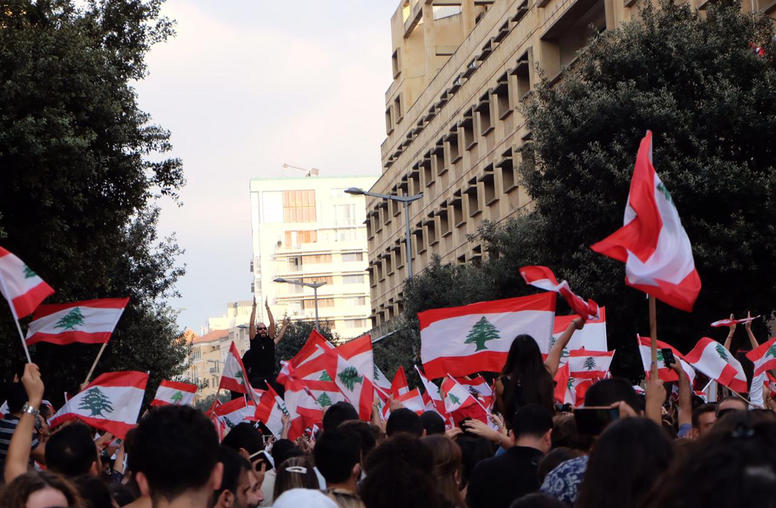
A massive protest movement emerges in Lebanon. What does it mean?
Over the last week, mass protests broke out across Lebanon, signaling citizens' mounting discontent with their government and economy. Millions of Lebanese of all backgrounds, including Sunnis, Shiites, Christians and Druze from across the socio-economic spectrum hit the streets to express their exasperation with the country’s endemic corruption. The government announced on Monday emergency economic reforms in an effort to assuage protesters. Will it be enough? USIP’s Elie Abouaoun takes a closer look at what sparked the protests, the impact on Lebanon’s highly polarized politics, and possible scenarios for the next few weeks.

Tunisia Timeline: Since the Jasmine Revolution
Protests in Tunisia ignited the Arab Spring in late 2010. The transition has witnessed the evolution of the most hopeful young democracy in the Middle East. But it is still fraught with economic, political and security challenges.

Elie Abouaoun on Iraq a Year After the Fall of ISIS
Live from Baghdad as Iraqis celebrate the one-year anniversary of the fall of ISIS, Elie Abouaoun says that there is a sense of relief in the country over the terrorist group’s defeat and that elections happened this year. To maintain this positive momentum, adds Abouaoun, Iraq’s infrastructure must be rebuilt, and measures should be taken to reinforce social cohesion at the local level.
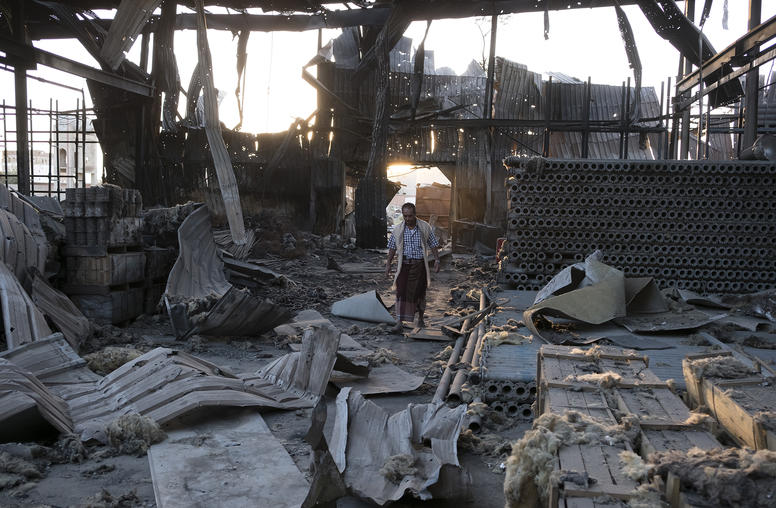
Can Yemen be Pulled Back from the Brink?
Before the war, Yemen was already the Arab world’s poorest country and nearly four years later more than three-quarters of the country’s population is in desperate need of aid and protection, with millions displaced. Further complicating the situation, the conflict has become another battleground in the regional Saudi-Iran power struggle. USIP’s Dr. Elie Abouaoun and Sarhang Hamasaeed analyze the multi-layered nature of the conflict, Yemen’s dire humanitarian situation and the prospects for peace.
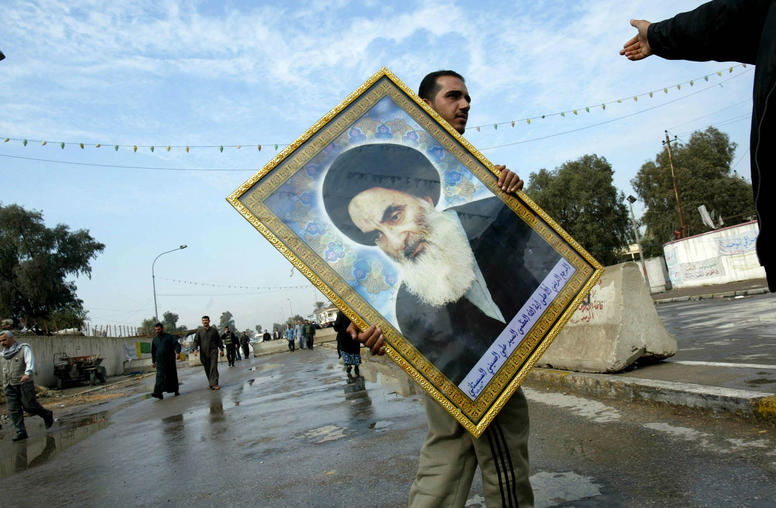
Iraq’s Election Leaves Iran’s Influence Intact
As Iraq shapes a government from its May 12 election, the indecisive electoral outcome again will leave Iran in a position to affect both the choice of a prime minister, and the tenor of the underlying administration. How Iran wields that influence is likely to depend on how well the European Union is able to defend the Iran nuclear accord following the United States’ withdrawal.
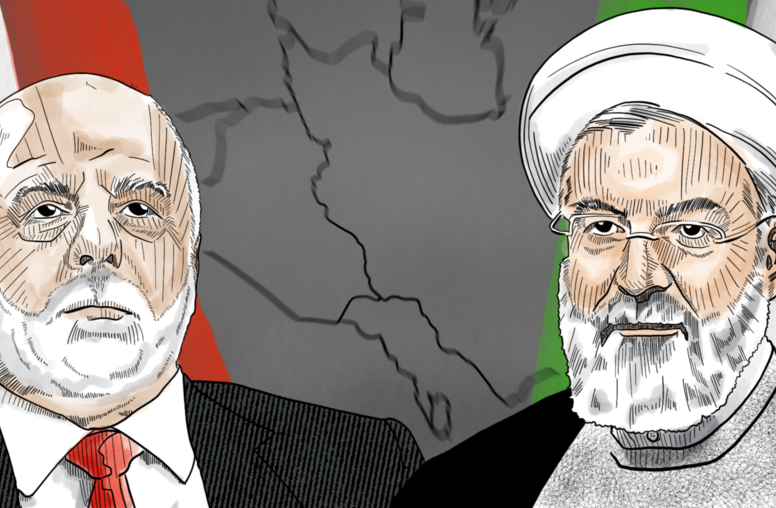
As Iraq Prepares for Elections, Iran's Influence Looms Large
Tehran’s interventions in conflicts throughout the Middle East have become a particular point of contention for detractors of the Iran Deal, which placed constraints on the country's nuclear program without addressing its role in Syria, Yemen, and across the region. There is no place Iranian influence has played a more conspicuous role than in neighboring Iraq.

Amid a Region in Strife, Lebanon Holds Parliamentary Elections
On May 6, Lebanese voters will elect a new parliament for the first time in nine years. This election introduces a new electoral law that scraps the former winner-take-all model in favor of a proportional representation system, aimed at opening the door for smaller parties and independent candidates to make it into parliament. While the election is an important development for Lebanon’s democracy and stability, it will be closely watched by regional and major powers alike.
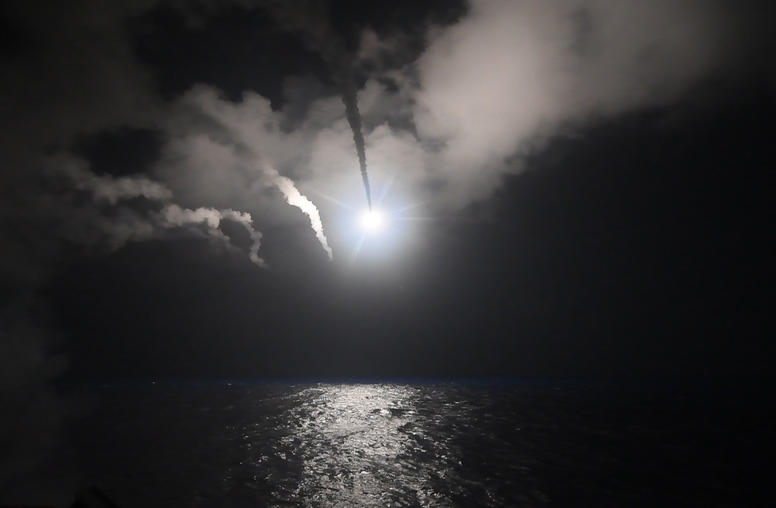
Q&A: Will U.S. Strikes on Syria Change Conflict’s Course?
The United States launched its first air strikes against forces backing Syrian President Bashar al-Assad since the country’s civil war began six years ago, in retaliation for a chemical-weapons attack that killed more than 80 civilian men, women and children. Elie Abouaoun, who is director of Middle East and North Africa programs at the U.S. Institute of Peace and is based in the region, examines the strategic implications, and USIP President Nancy Lindborg, who has worked for nearly 30 years on humanitarian crises and areas affected by conflict, comments on the factors that prompted the U.S. attack.
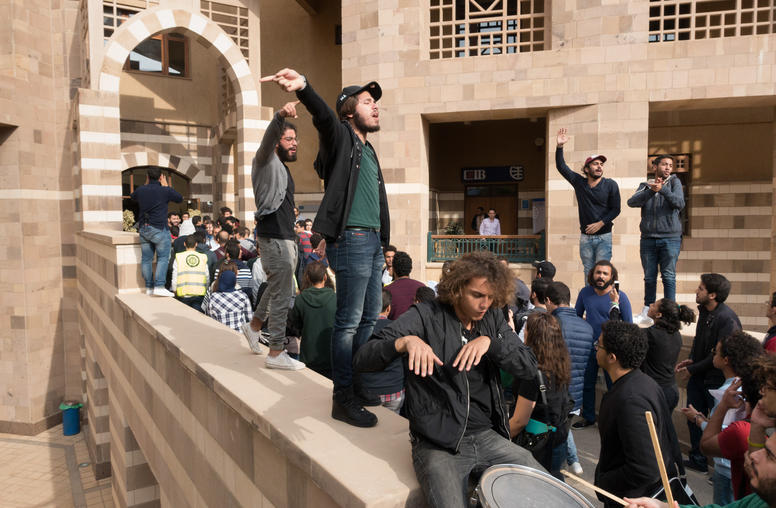
The U.S. Should Not Just Watch North Africa Slip into Chaos
Curbing US involvement abroad was a signal campaign promise of the new US administration. Anything that smacked of nation-building drew the sharpest criticism. The appeal to many voters of such disengagement is understandable and the view is woven into an evolving foreign policy.